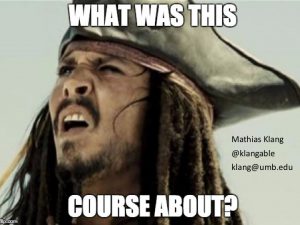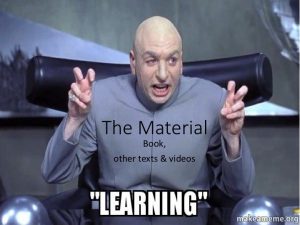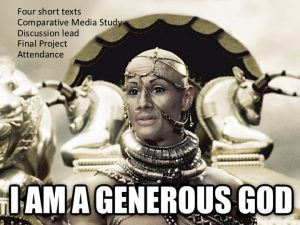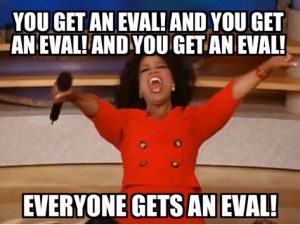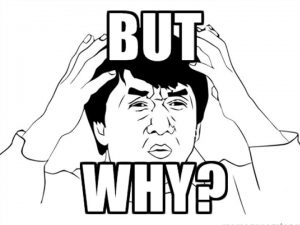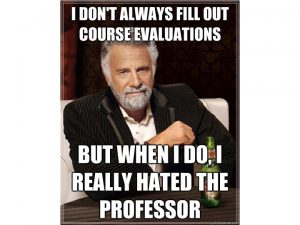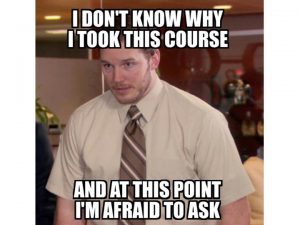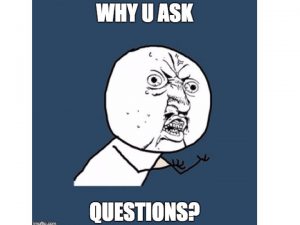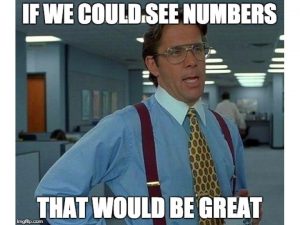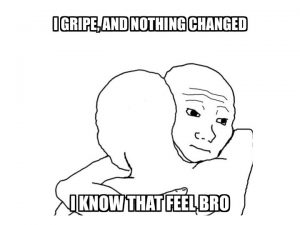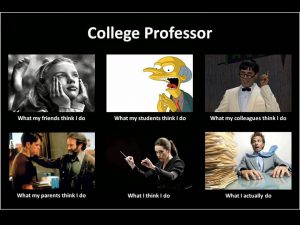Today I held a lecture (in Swedish) about the potential of social media for academic researchers. It had the silly subtitle: Can Facebook make you a better researcher?
To set the scene the lecture began with a quote from Plato’s Republic (1982, p116) by Peter Medawar on what a scientist is:
“Scientists are people of very dissimilar temperaments doing different things in very different ways. Among scientists are collectors, classifiers and compulsive tidiers-up; many are detectives by temperament and many are explorers; some are artists and others artisans. There are poet-scientists and philosopher-scientists and even a few mystics.”
The purpose of the quote was to set the groundwork and remind the audience (all scientists) that we are all different in our motivation, inclinations and methods and therefore we need to find a common ground to be able to discuss what it is that we do.
This common ground is the actual organization within which all these diverse individuals carry out their activities: The university. I showed a timeline with the establishment of the University of Bologna in 1088, University of Paris 1150, a charter of academic freedom (Constitutio Habita) in 1155, University of Cambridge (1209), University of Salamanca (1218), University of Uppsala (1477) and University of Lund (1666).
In addition to this I reminded the audience that the enlightenment project began in c:a 1650 and that the first purely scientific journal the Philosophical Transactions of the Royal Society commenced in 1665.
The point of all this was to set the stage for the fact that the topic of my talk was how a recent technology is affecting a well-established system. The Internet (ArpaNet) was connected in 1969 and the World Wide Web in 1991. The technological infrastructure of my talk is just ten years old.
So why should a system that has worked for 1000 years care about this new, new thing?
To answer this I pointed out that all systems have within them flaws. No matter how well a system works it carries within it the negatives as well as the positives. So in order to be an improvement the new systems must negate the flaws while maintaining the positives.
To exemplify inherent flaws I talked about affordances and showed an example of anti-homeless technology. Anti-homeless technology turns regulation of society into technology and removes the need for democratic process. I showed the flaws of printed works with the Wicked Bible of 1631 – where a small error in the printing changed one of the ten commandments into: Thou shalt commit adultery. And an example of the dangers of trusting authority by discussing the Sokal Affair. Here I used a quote from Alan Sokal’s discussion of what he had done in his infamous article “Transgressing the Boundaries: Towards a Transformative Hermeneutics of Quantum Gravity” (Social Text Spring/Summer 1996)
The fundamental silliness of my article lies… in the dubiousness of its central thesis and of the “reasoning” adduced to support it. Basically, I claim that quantum gravity… has profound political implications… Finally, I jump (again without argument) to the assertion that “postmodern science” has abolished the concept of objective reality. Nowhere in all of this is there anything resembling a logical sequence of thought; one finds only citations of authority, plays on words, strained analogies, and bald assertions. (Alan Sokal “A Physicist Experiments With Cultural Studies“ Lingua Franca 1996).
Following this I returned to the promises made by the enlightenment project: freedom from dogma, evidence based studies, individual before authority, science before belief, freedoms of expression and democracy etc.
The problem with many of these great promises is that they were not made available to a wider audience. In part this may be because the wider audience is not ready for the promises but also because the communications infrastructure was in the hands of a smaller group. The latter could be due to monopolies, political control or limited popular knowledge but still the general public was largely outside the creation and dissemination of knowledge.
Technology began to ease these limitations and create a possibility for larger groups to participate. Indeed through the last centuries work in digitalization and connectivity and the cheapening of a multitude of personal devices the whole game plan has changed radically. I like to argue that in relation to many of the enlightenment promises the theoretically possible becomes the inevitable – for good and for bad.
Scientists and universities are now living in a world where the larger audience has the ability to connect and comment so how does this make individuals into better researchers?
Well in the lecture I focus on two aspects: communication and networks.
The ability, created by technology, for the researcher to communicate via blogs provides a potential. While many see the “new” technology as a waste of time – and many universities see little or no value in blogs – at least I have yet to come across a university that rewards its researchers for blogging (even though some pay lip-service to the act).
Therefore it is up to the individual – from his/her own perspective to find a reason for finding the activity rewarding. In order to demonstrate this I provided my reasons why academics should blog:
Practice: No matter how much you write you can always practice. Now writing papers is practice but papers demand a more rigorous approach. Get it wrong and the work is wasted (almost). Rejection makes it difficult to feel that the writing has been worthwhile so the writer tries very hard to fit in to the form set by the community. Blogging on the other hand – can be – freer. It provides an interesting arena for experimentation with the lighter, wilder, weirder ideas that research generates. Naturally you will be argued against but it is doubtful you will be shot down in the same ways as you are in a paper.
Marketing: Lets face it, not many people really read papers. Many are virtually unread. Getting a paper published can do little more than another line to the CV. Hardly the kind of thing that builds your reputation. And another thing we must face, researchers live in several marketplaces. We like to think of ourselves as living in pure (ivory towers of) research but in reality we are always in need of funding, collaboration and access. We are selling ourselves – it may not be pretty but it is difficult to deny.
Shorts: Blogging is amazing for pushing out small ideas. The stuff that you think you may eventually write about – if you ever get the time – but probably never will. An insightful blogpost is more useful to you and to the world than the half written notes in a forgotten corner of your harddrive.
Explaining yourself: As a newbie PhD student one of my professors always said that I should be able to explain the relevance of my research within 60 seconds, or the amount of time it took for a short elevator ride. The point being that most people are not interested and to be able to explain the relevance of what you do is vital. Blogging can help you practice and hone these skills.
Feedback: Too much academic feedback is stuck in the formalia. Making the writing fit the journal or community requirements. When you blog the people who do comment or argue with you demand that you stick to the point rather than the format. It can be brutal but it’s always valuable.
Community: As a researcher you become a nerd. And not in the (now) popular way. You are dealing with some really obscure shit. Getting out there and talking increases the chances of other nerds finding you and accepting you. This is important because you can never have too many friends.
Competitive edge: Blogging alone will not make you into a successful academic. But it will provide you with a competitive edge. Your work will be more widely known. Maybe even more widely read. Whatever happens no researcher loses on not being heard of.
Serendipity: Researchers became researchers because they love research. Its not a highly social skill set. We tend to stick around in libraries, labs or departments. Seriously simply by being online we increase the chances of happy occurrences that may improve our contacts, lives and research. Sure this is a very optimistic worldview but hoping for serendipity sure beats the alternative.

